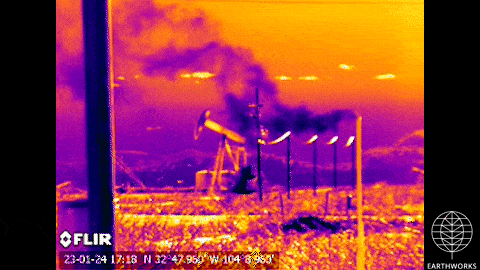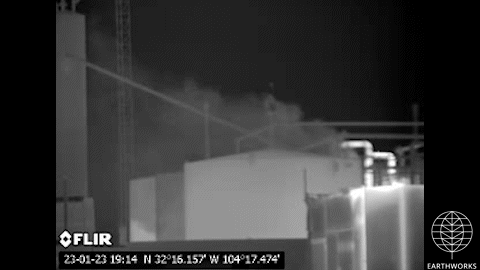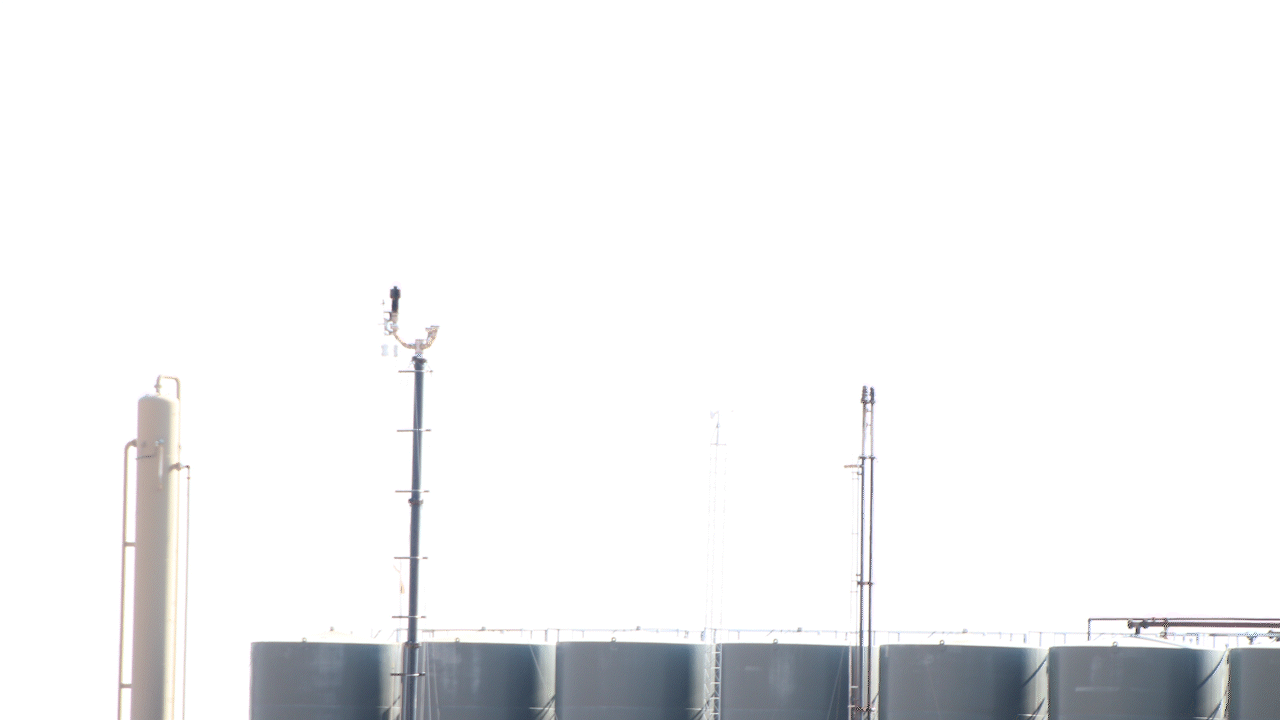
Last year, New Mexico legislators passed much-needed rules and regulations for oil and gas operators to try to mitigate and/or end some sources of pollution.
As a result, routine venting and flaring – which are no longer permitted in New Mexico, continue to be a problem.
This was a great victory. However, venting and flaring events are still frequently observed in recent field investigations.
In adopting the rules, New Mexico acknowledged the harm and need to end, in most cases, these practices.

The state continues to issue permits for new facilities despite a lack of resources to inspect existing ones. Were these rules implemented in a way that is effective and meaningful? Current enforcement capacity at the New Mexico Environment Department (NMED) and Oil Conservation Division (OCD) would suggest otherwise.
Here’s why:
NMED is Understaffed & Underfunded.
Currently, NMED has funding enough to employ 11 facilities inspectors. However, they currently only employ 2 inspectors to oversee over 56,000 active oil and gas facilities in New Mexico. The department is so understaffed it would take over 9 years to inspect all petroleum tanks and 6.5 years for the Air Quality Bureau to inspect all oil and gas permittees.
Adding to this dilemma is a 21.7% vacancy rate in overall staffing and $2.3M less department funding for NMED than in 2011.
James Kenney, Cabinet Secretary for the agency, recently released a fact sheet detailing these challenges. Further complicating enforcement shortfalls is that we have $0 in our base budget for environmental cleanup.
Operators Can Avoid Paying To Clean Up Their Mess.
We have other significant challenges in New Mexico that hinder enforcement. It cost on average approximately $100K to “plug an oil and gas well.” Even if that operator owns hundreds or thousands of facilities, the state only requires operators to pay $250K for the cleanup of their facilities.
Considering these challenges, it seems proper enforcement is unattainable. The Oil Conservation Division recognizes this too. Despite rules and regulations prohibiting venting and flaring, OCD has stated they can’t enforce these rules.
We recently filed a Public Records Request, requesting information regarding how operators can apply for exceptions to rules and regulations. OCD informed us there is no mechanism by which operators have to apply for exceptions to these rules. Through the implementation of Agreed Compliance Orders, OCD assumes operators cannot comply with the law. Therefore, they have created a mechanism by which operators need only to report venting and flaring events to avoid inspections and fines.
The Industry Self-Polices Itself.
While strong environmental legislation is critically important to implementing environmental rules that are intended to reduce pollution and to hold operators accountable, they are meaningless without proper capacity and funding for realistic enforcement. The state too heavily relies on the industry to police itself, all the while, regulatory policing agencies, like OCD, operate in a culture assuming that companies cannot comply with the law.
Considering this, the state should immediately halt the permitting of new oil and gas facilities until appropriate funding, staff and resources can be allotted to enforce rules and regulations, inspect facilities in a timely manner, and respond to environmental complaints. New Mexico has an obligation to protect their residents and vital natural resources from the environmental harms associated with oil and gas. So far, they can’t and these rules have no teeth.
The legislature needs to act to reign in the oil and gas industry’s pollution. While SB-418, the New Mexico Oil and Gas Justice and Reform Act won’t fix the problem with flaring, it is a much-needed fix that will update and modernize our Oil and Gas Act with common sense reforms.

